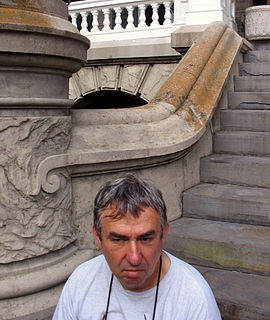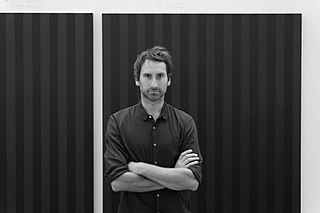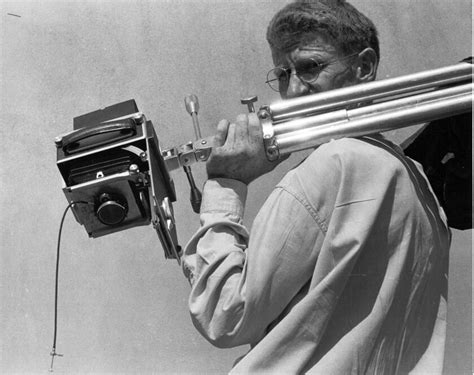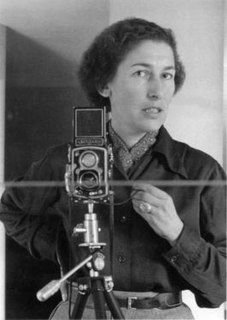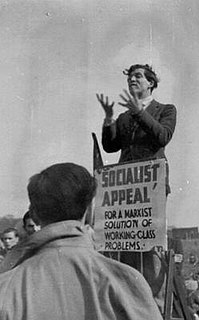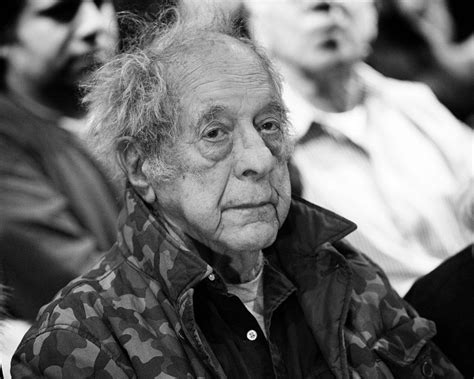A Quote by Ansel Adams
You don't take a photograph, you make it.
Quote Topics
Related Quotes
One of the magical things about photography is the transformation that takes place when you photograph something. Something that inherently has very little going for it in terms of the interest you take in it, can become infinitely more interesting when rendered as a photograph. It's no longer a building. It's a photograph.
... I'm sort of a nervous person with the camera, so I will just shoot arbitrarily until I can focus and compose something, and then I make a shot. So generally, in [the] proof sheets, there are only three or four really concentrated efforts to take a photograph. It's not like a professional kind of person who sets it up so every photograph looks really cool.
How foolish of me to believe that it would be that easy. I had confused the appearance of trees and automobiles, and people with a reality itself, and believed that a photograph of these appearances to be a photograph of it. It is a melancholy truth that I will never be able to photograph it and can only fail. I am a reflection photographing other reflections within a reflection. To photograph reality is to photograph nothing.
I don't really remember the day when I stood behind my camera with Henry Kissinger on the other side. I am sure he doesn't remember it either. But this photograph is here now to prove that no amount of kindness on my part could make this photograph mean exactly what he.. or even I.. wanted it to mean. It's a reminder of the wonder and terror that is a photograph.
There's something arbitrary about taking a picture. So I can stand at the edge of a highway and take one step forward and it can be a natural landscape untouched by man and I can take one step back and include a guardrail and change the meaning of the picture radically... I can take a picture of a person at one moment and make them look contemplative and photograph them two seconds later and make them look frivolous.


